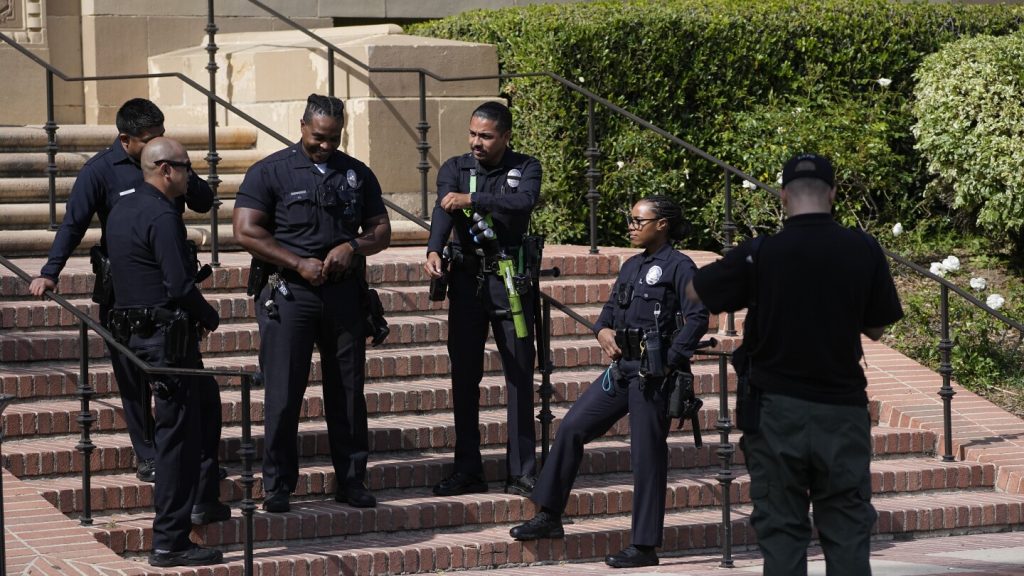Amidst the chaos of anti-war demonstrations at universities across the United States, some schools including Brown, Northwestern, and Rutgers have managed to strike deals with pro-Palestinian protesters to prevent disruptions of final exams and graduation ceremonies. These agreements signal a major step in the controversial issue of divestment from Israel, with many protesters specifically targeting ties to the Israeli military amid the ongoing conflict in Gaza. While some opponents of the campaign to boycott Israel have criticized it as veering into antisemitism, the agreements made by universities have focused on amnesty for protesters and funding for Middle Eastern studies, without making any promises regarding changing investments.
Protests have drawn attention to the Israeli-Palestinian conflict, with Israel branding the demonstrations as antisemitic and critics accusing Israel of using these allegations to silence opposition. Despite some incidents of protesters making antisemitic remarks or threats of violence, organizers of the protests maintain that it is a peaceful movement to defend Palestinian rights and protest the ongoing war. The protests have led to numerous arrests at various universities, with some schools reaching agreements with demonstrators to end encampments and resume normal campus activities.
The University of Minnesota, Rutgers University, and Brown University are among the schools where protesters have reached agreements with administrators to dismantle encampments and resume regular activities. These agreements have included commitments to review investments in Israel and to establish Arab Cultural Centers. While discussions around divestment are ongoing, universities have emphasized that decisions regarding investments and ties with Israel fall outside of their administrative scope. The agreements have drawn dissent from both sides, with some protesters feeling that their demands were not fully met, while supporters of Israel have criticized what they see as a capitulation to protester demands.
Despite some agreements being reached at certain universities, arrests of demonstrators have continued at other schools. At New York University, about a dozen protesters were arrested for refusing to leave a tent encampment, while police intervened to clear encampments at The New School and other institutions. The protest movement began at Columbia University and has since spread to campuses across the country, drawing attention to the Israeli-Hamas war and the conflict in the Gaza Strip. Police have been involved in dismantling encampments and making arrests, with some incidents of violence reported during these operations.
The ongoing protests have highlighted the complexities of the Israeli-Palestinian conflict and the challenges of addressing divestment and ties to Israel on college campuses. As universities navigate the demands of protesters and the concerns of critics, discussions around investments and relationships with Israel are likely to continue. The agreements reached at some schools represent a small step towards addressing protester demands, but the larger issues surrounding the conflict and the role of universities in addressing them remain unresolved. With tensions running high on both sides, the future of the student protest movement and the responses from universities and law enforcement remain uncertain.















